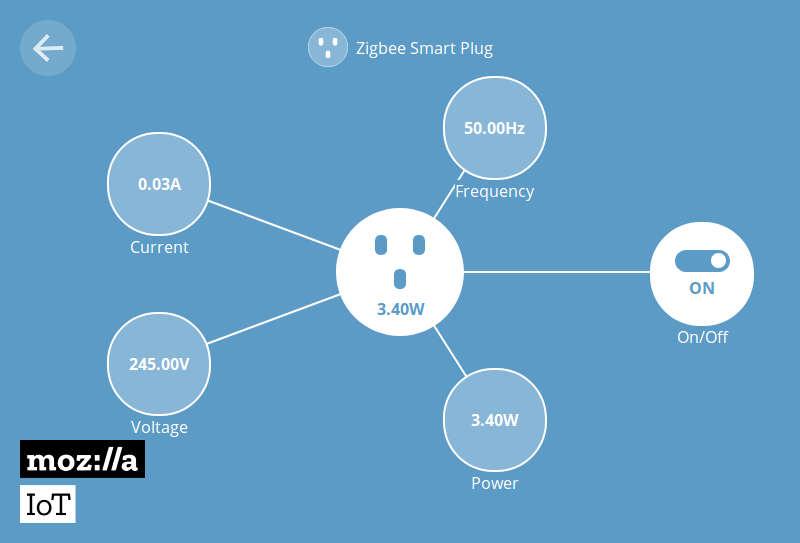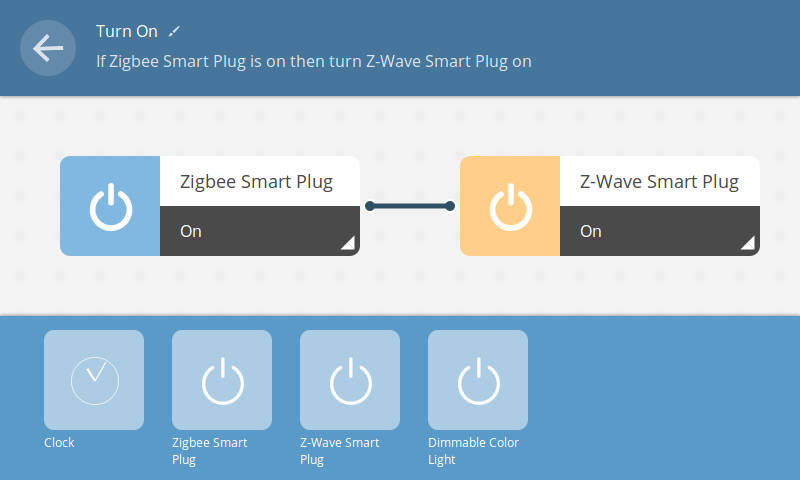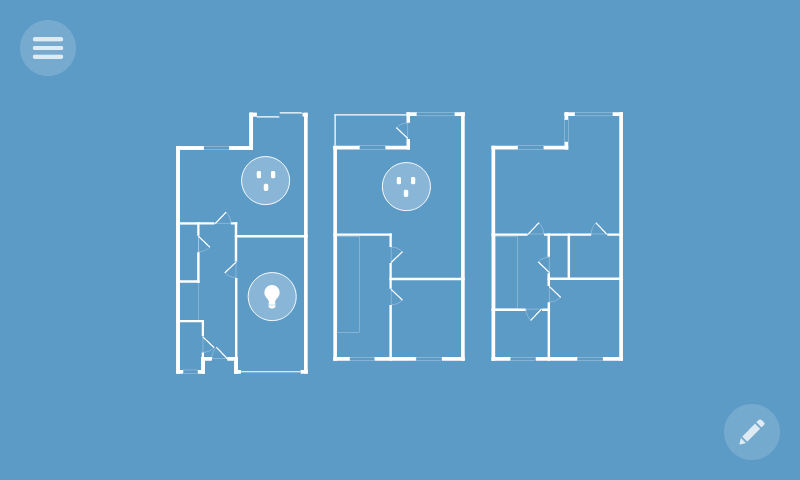| Mozilla Things Gateway |
| Written by Harry Fairhead |
| Wednesday, 07 February 2018 |
|
Mozilla has announced the latest version of its Project Things IoT gateway. Can it provide the unified structure the smart home so desperately needs?
The IoT is a tempting morsel for open source enthusiasts. Currently the scene is a mess with companies using all sorts of standards and all competing for the huge potential profits that are bound to come to any dominant player. Surely what is required is an open source project that will pull all of the competing standards and devices into a single entity that is easy to use and all encompassing? Easy to say, but incredibly difficult to actually do. The reasons are that there are a lot of different devices working in different ways. Even if you pin down a particular technology - Z-Wave say, and try and put together a system, you will find big problems in getting everything to work together. Most of the time you have to settle for partial or not quite satisfactory functioning. You might assume that this is due to manufacturers reluctance to share, and in many cases it is, but even without obfuscation it is difficult to get everything to work simply because they are complex systems. Then we come to the other elephant in the room. Do end users really want a gateway? Is the IoT supposed to be connected to a central server? As soon as you accept the gateway model your entire system is at the mercy of the entity running the server that the gateway connects to. In many cases you can assume that the company is big enough to be stable for a few years and so worth the gamble. However, there are plenty of examples of even big companies abandoning servers and products after they either didn't make the impression in the market that they hoped for or because a better technology came along. In most cases it is better to ask the question "will my devices continue to work if the supplied server is switched off?" The Mozilla Things Gateway connects to servers supplied and maintained by Mozilla. At the moment it doesn't charge for the service and doesn't get anything via advertising or making use of your profile - after all this is Mozilla. Getting this much something for nothing is worrying.
The software can work on a range of devices, but the preferred device is a Raspberry Pi 3 which is cheap enough compared to the other hardware you are going to need to be affordable. A great deal of the software runs on the Pi and it connects to the internet via your WiFi. A nice touch is that you get an automatic SSL certificate for your subdomain - mysubdomain. mozilla-iot.org. You use this to access the gateway from out on the internet. It isn't clear how much, if any, of your data is uploaded to the server, but as far as I can tell the Pi is fairly standalone, which is good.
The software for the IoT Gateway is also good, but underdeveloped. The new version includes an "if this then that" type of rule engine and a floorplan UI that lets you place devices in a map of your home. Nice, but this is the sort of thing that any Smart Home system already has. One feature that does take us beyond the basics is voice control using Mozilla Voice. It is only an experimental service, but given it is unlikely that the voice recognition is implemented on the Pi, it is going to be fairly heavy use of a Mozilla server.
The big problem is the tiny number of devices actually supported. You can use Z-Wave and Zigbee via one of a number of tested USB devices. Given the number of Z-Wave devices that are available, the few that are listed as tested is small - four brands of switch, one dimmer and that's it. Will my smoke detector or PIR-based multi-sensor work? Probably not unless I do the work of writing the adaptor. Overall it looks like a fun project, but given that there are quite a few open source smart home projects and quite a few commercial units that you can expand by adding your own modules. What matters the most is belief that the project will survive into the future and, sadly, Mozilla has a history of just giving up on things - think Firefox OS and the number of dead phones out there. You could argue that the gateway isn't the most important thing - pun intended. The W3C is busy building a standard for the Web of Things. This is basically about finding a format suitable for describing devices that can be used to install and use devices. Currently the format used is JSON via a REST API. For example: {
"name":"WoT Pi",
"type": "thing",
"description": "A WoT-connected Raspberry Pi",
"properties": {
"temperature": {
"type": "number",
"unit": "celsius",
"description": "An ambient temperature sensor",
"href": "/things/pi/properties/temperature"
},
"humidity": {
"type": "number",
"unit": "percent",
"href": "/things/pi/properties/humidity"
},
"led": {
"type": "boolean",
"description": "A red LED",
"href": "/things/pi/properties/led"
}
After having worked with systems that use alternatives such as UPnP something simple would be nice, but what are the chances of getting closed systems described so that they can be used freely? It is a nice idea but at the moment it looks destined to be mostly ignored. There are currently far too many IoT systems being built by companies with more might than Mozilla or W3C - Google, Apple, Amazon, Microsoft, Samsung and so on... Mozilla is just another player. For this to work Mozilla needs lots and lots of open sourcers to write adaptors and generally see the project to maturity - at the moment it just doesn't have enough.
More InformationHow to build your own private smart home with a Raspberry Pi and Mozilla’s Things Gateway Related ArticlesMozilla's Things Gateway For Rapsberry Pi Mozilla Jumps On IoT Bandwagon Mozilla Confirms End of Firefox OS For Smartphones Why The Internet Of Things Has A Problem To be informed about new articles on I Programmer, sign up for our weekly newsletter, subscribe to the RSS feed and follow us on Twitter, Facebook or Linkedin.
Comments
or email your comment to: comments@i-programmer.info
|
| Last Updated ( Wednesday, 07 February 2018 ) |




